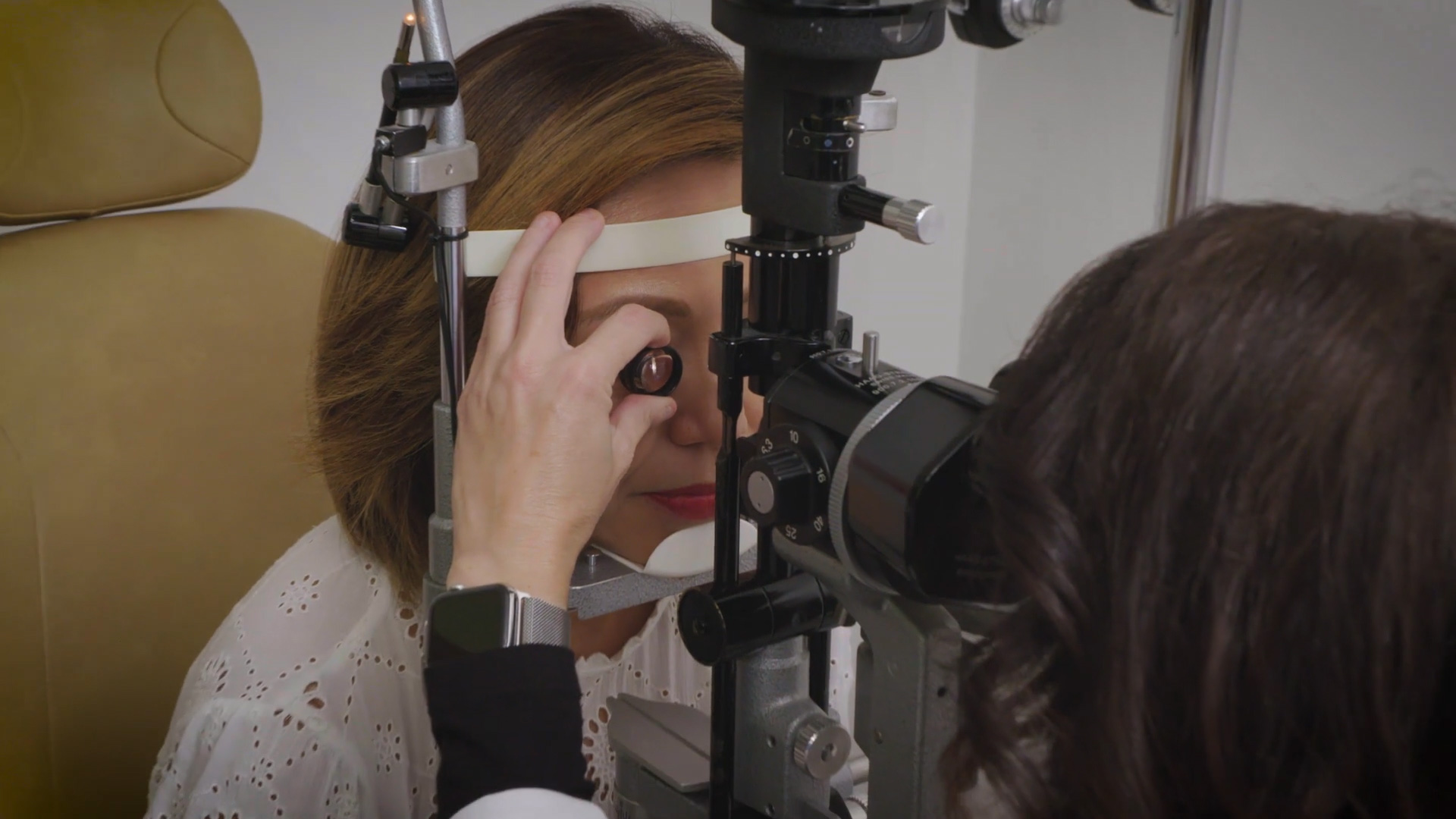Women Are More Likely to Experience Vision Loss – Here’s Why.

It’s well documented that women, on average, live longer than men.
With age comes wisdom, but your golden years may also usher in health conditions that can negatively affect your quality of life. Women are at a higher risk than men for visual impairment, due to a longer life expectancy and other factors. In the United States, there are approximately 2.7 million women over age 40 are living with visual impairment of some type.
But, women are also statistically more likely than men to take care of their overall health and proactively seek medical guidance before experiencing irreversible vision loss.
The top three causes of vision impairment in the U.S. are age-related macular degeneration (AMD), glaucoma and cataracts. AMD reduces your ability to see fine details and blurs the central vision you need for everyday activities like reading and driving. In its early stages, AMD often has no symptoms, yet this degenerative disease is the number one cause of vision impairment and blindness among Americans age 50 and older. Glaucoma, which damages the optic nerve, is also a largely silent disease with few symptoms in its early stages. Yet, if left untreated, it can lead to vision impairment and total blindness.
Safeguarding your vision
“The most important way to prevent vision loss is to get regular eye exams,” advises Dr. Sarah Wellik, a vision expert at the Bascom Palmer Eye Institute, part of the University of Miami Health System. “We can diagnose both AMD and glaucoma in their earlier stages and, in many cases, can prevent vision loss later in life through proper monitoring and treatment.”
You can also be proactive in your vision care with the following tips:
- Know your family’s eye health history, so you and your doctor are aware of risk factors.
- Get comprehensive, dilated eye exams as frequently as your eye doctor recommends based on your health and other risk factors. Don’t wait for changes in your vision before having your eyes examined.
- Don’t smoke because smoking doubles your risk of developing AMD.
- Maintain a healthy weight because being overweight increases your risk of developing diabetes and other health conditions that can lead to vision loss.
- Eat a diet full of vitamins and minerals that support eye health. Beyond carrots, this includes dark, leafy greens and fish high in omega-3 fatty acids.
- Manage other chronic health conditions, such as diabetes and hypertension, which can cause retinal disease, glaucoma and blindness.
- Protect your eyes with sunglasses that block both UVA and UVB rays.
- Avoid eye injuries by wearing protective eye gear while completing potentially dangerous tasks involving sharp objects, chemicals or airborne debris.
Treatment for AMD and glaucoma
While there is no treatment for early-stage AMD, researchers at the National Eye Institute found that taking certain high-dose vitamins and minerals daily can slow the progression of intermediate AMD in both eyes and late-stage AMD when it occurs in only one eye.
These supplements include a combination of vitamin C, vitamin E, beta-carotene, zinc and copper. Talk to your doctor before introducing any supplements into your diet, as it may be affected by other health conditions and risk factors, like smoking. Medical interventions for age-related vision loss may include ocular injections, laser treatments and laser surgery.
Diagnosing glaucoma in its early stages leads to the best long-term prognosis.
Regular eye exams are the key to avoiding significant visual impairment. Glaucoma is treated with prescription eye drops that lower the intraocular pressure to help prevent the progression of the disease.
“Because women tend to live longer than men, they have an increased risk of developing these age-related diseases of the eye,” says Dr. Wellik. “But, women are also statistically more likely than men to take care of their overall health and proactively seek medical guidance before experiencing irreversible vision loss.”
Dana Kantrowitz is a contributing writer for the UMiami Health News blog.
Tags: AMD, Bascom Palmer Eye Institute, Dr. Sarah Wellik, glaucoma, macular degeneration, Women's eye health
